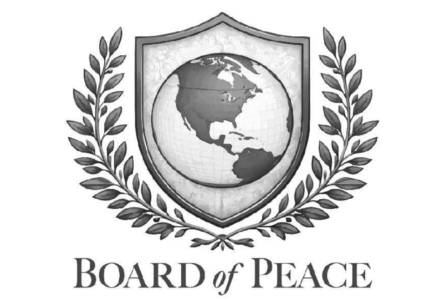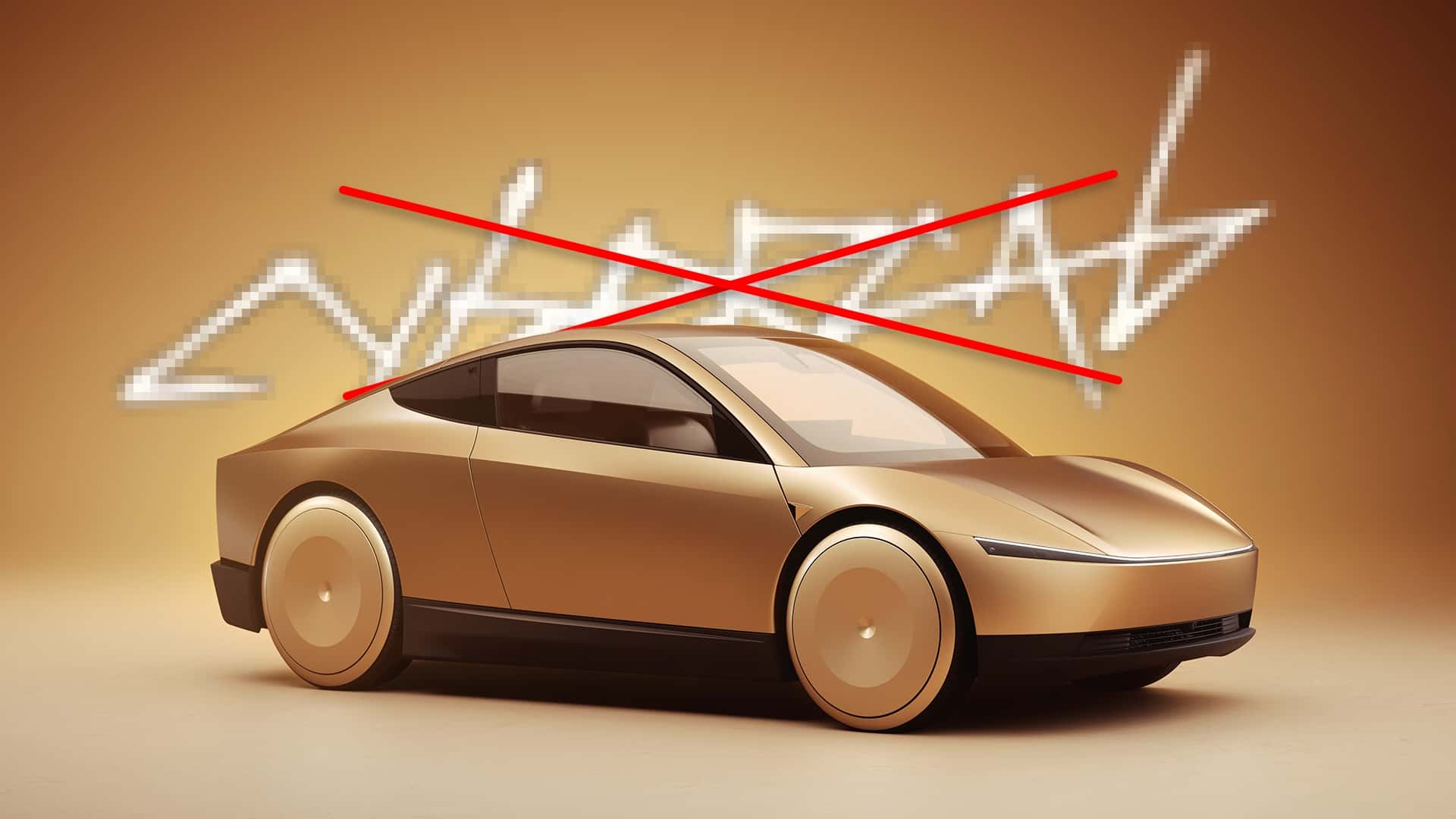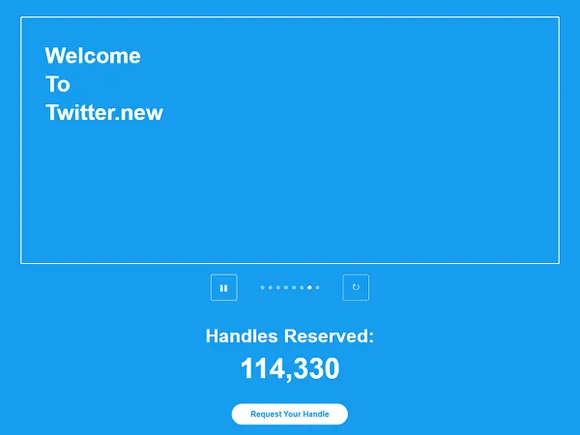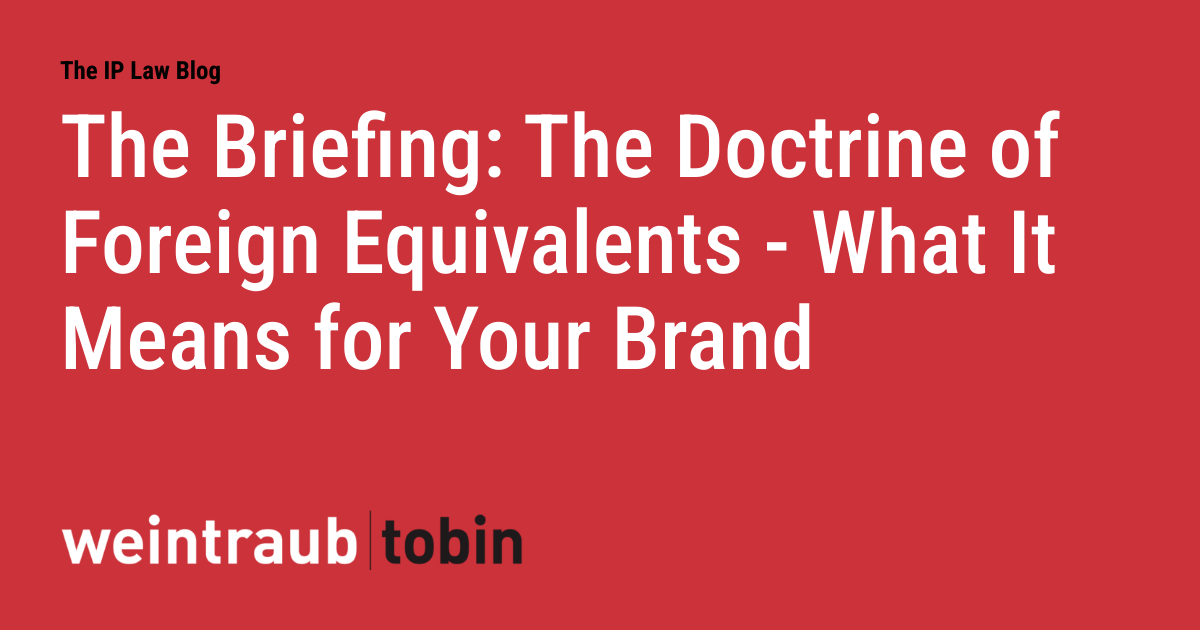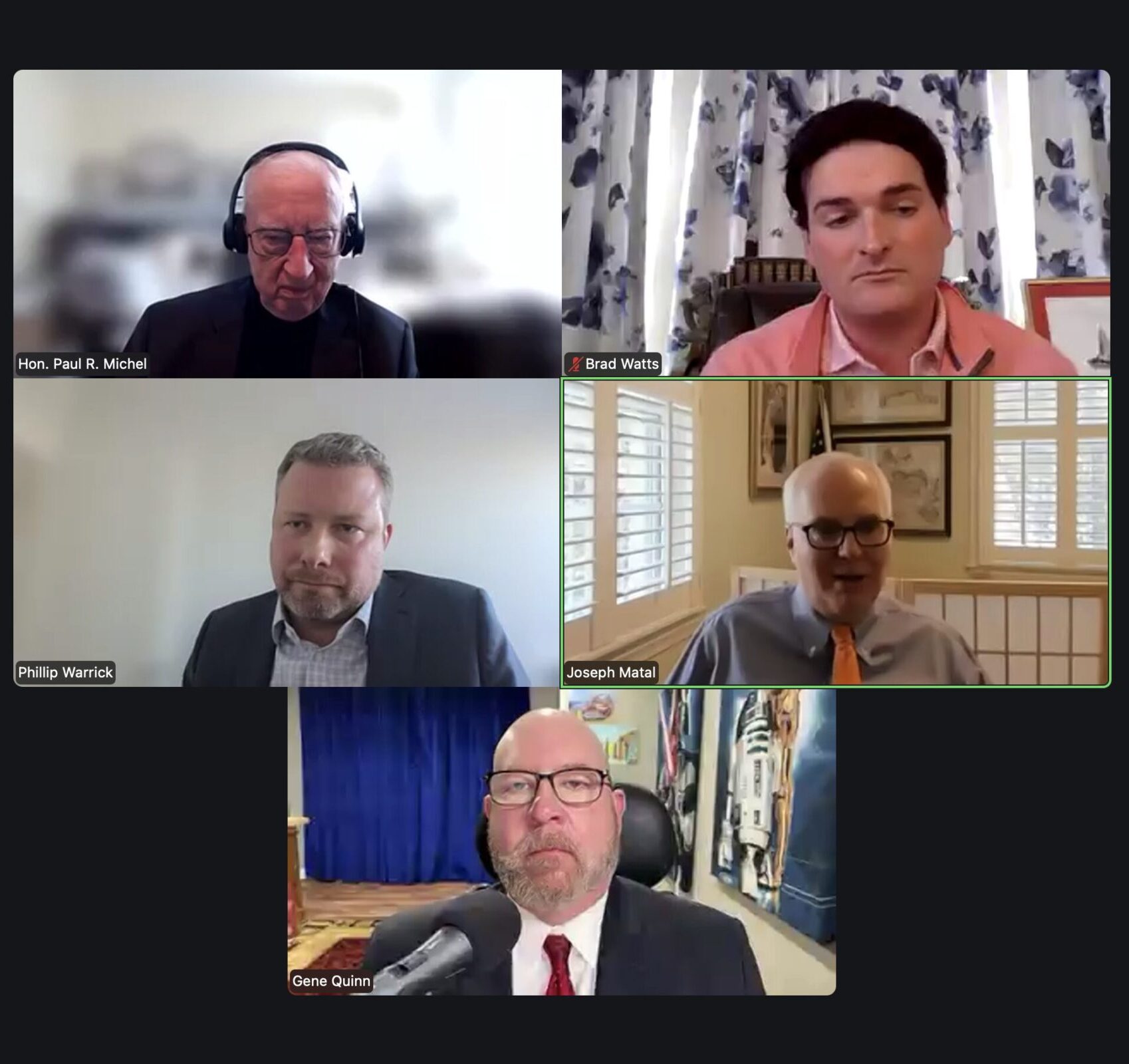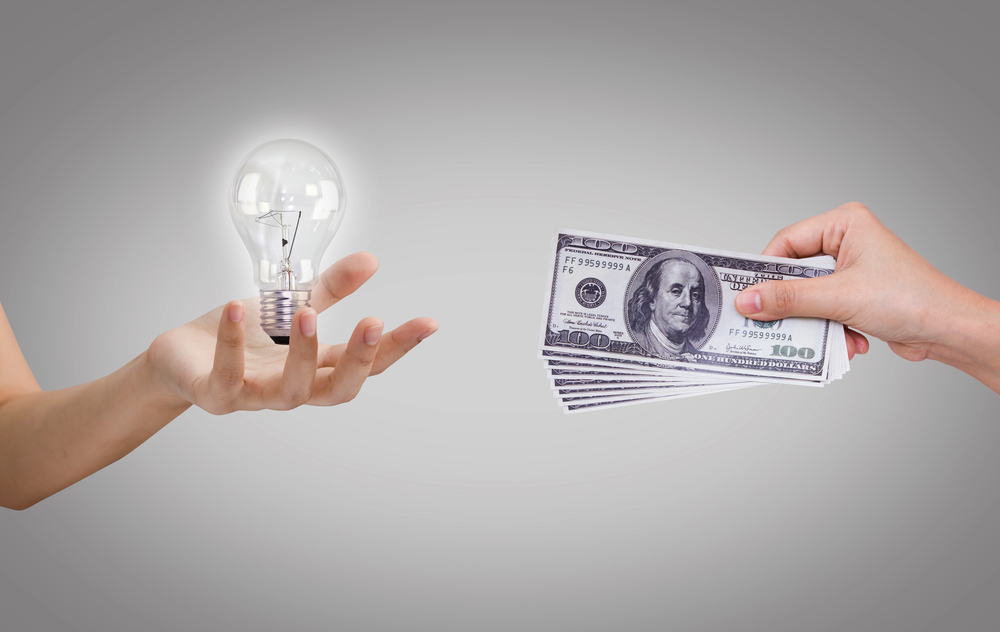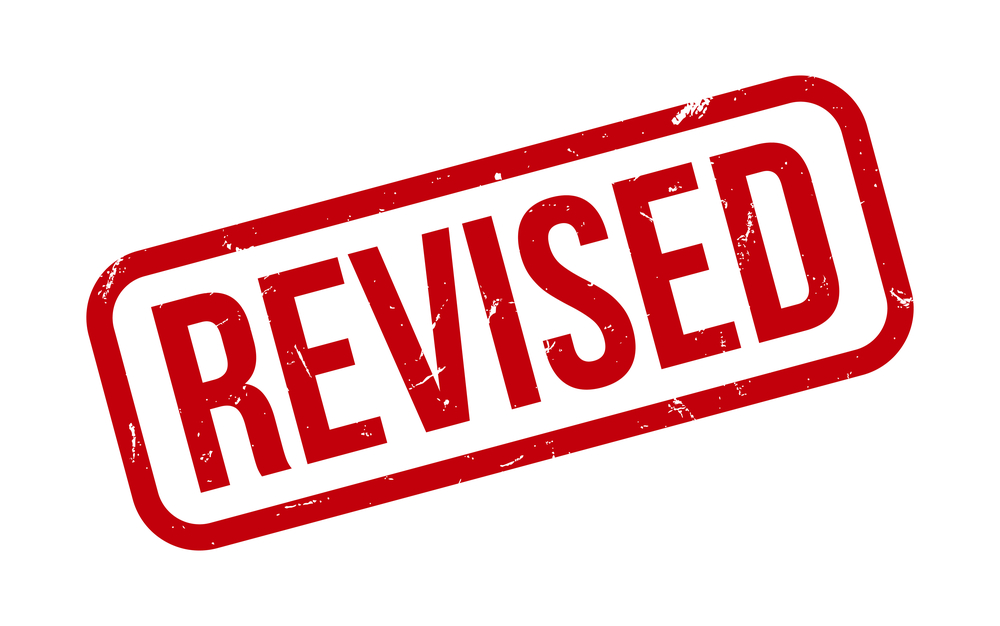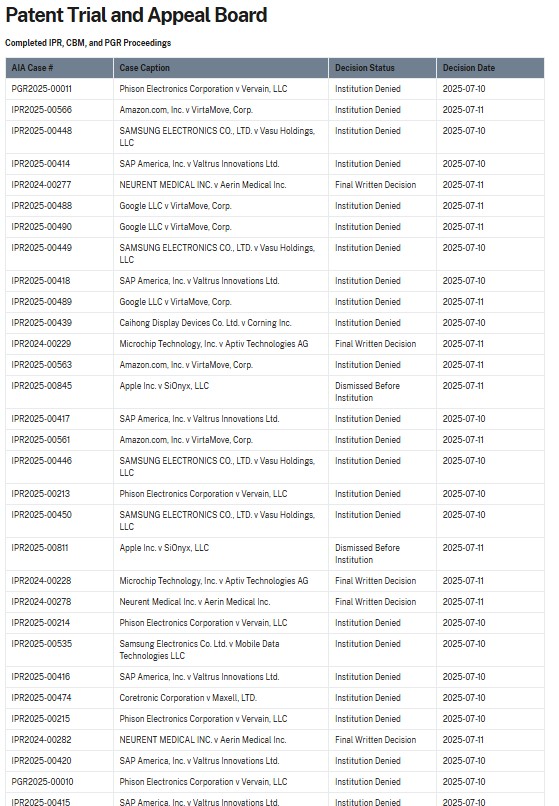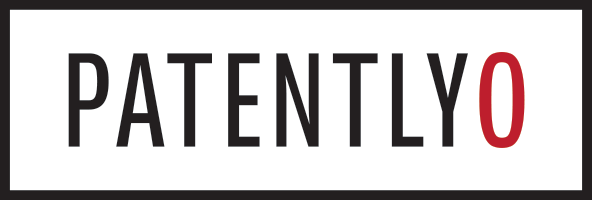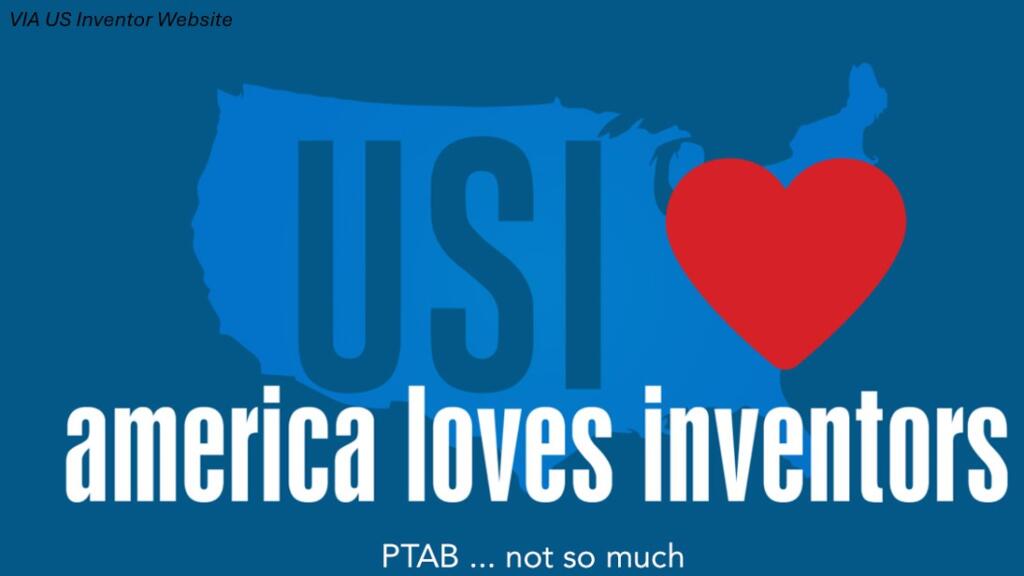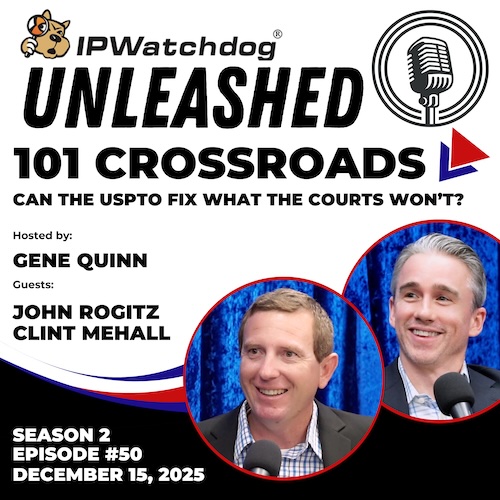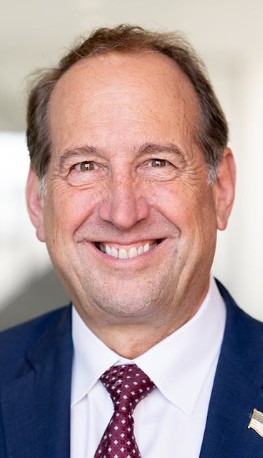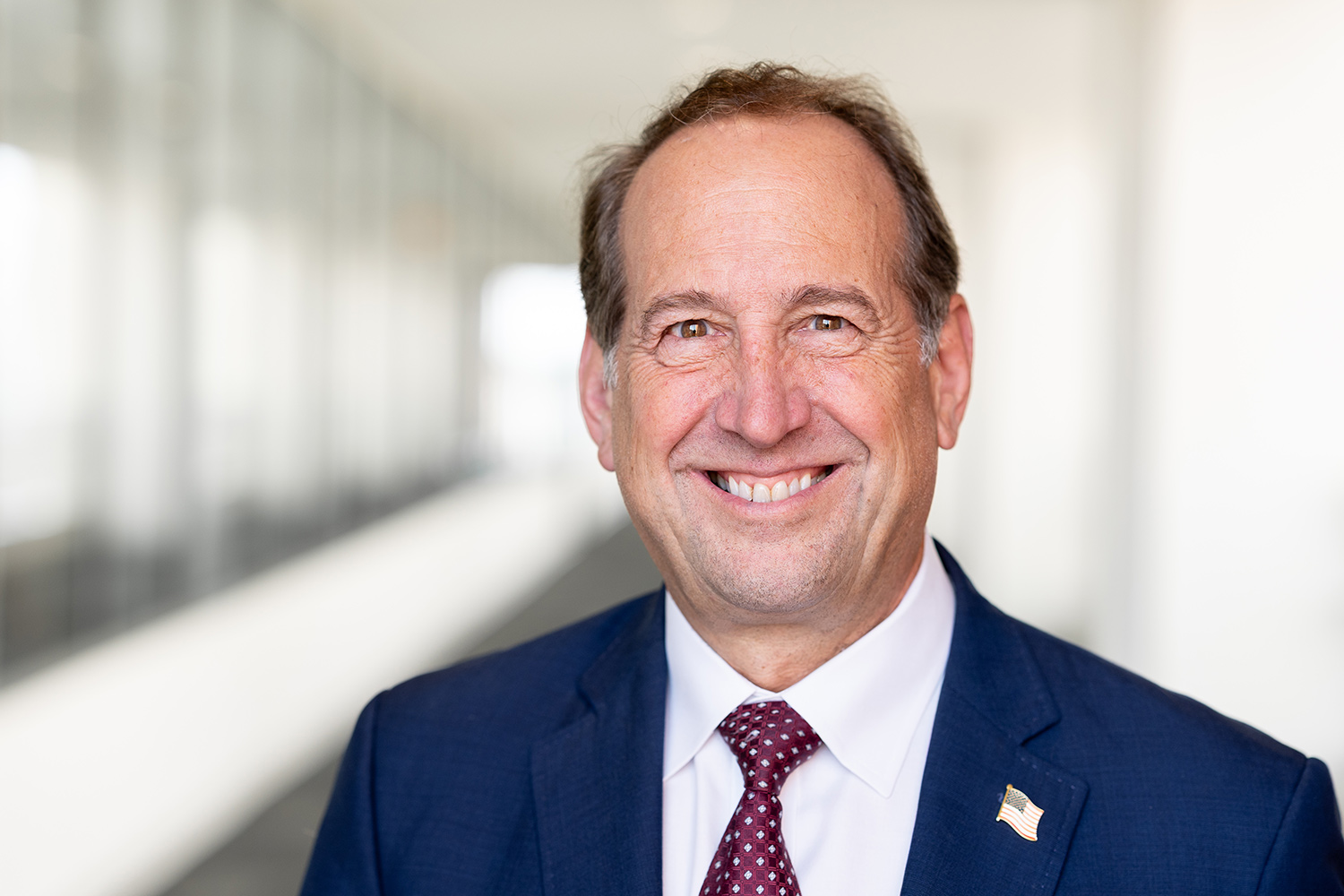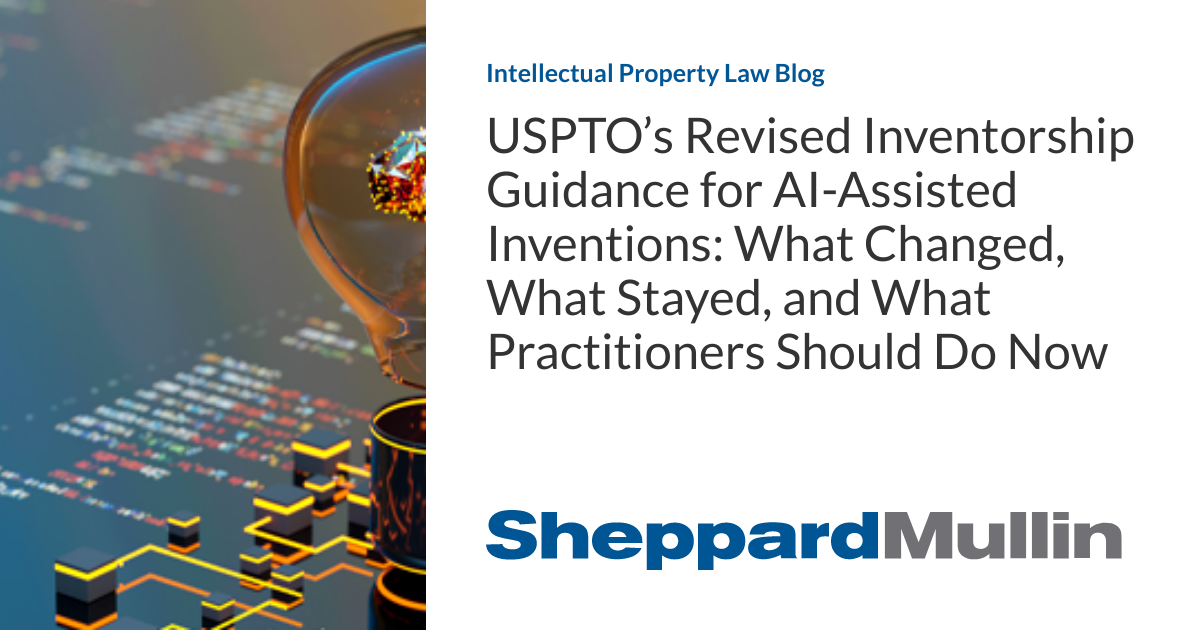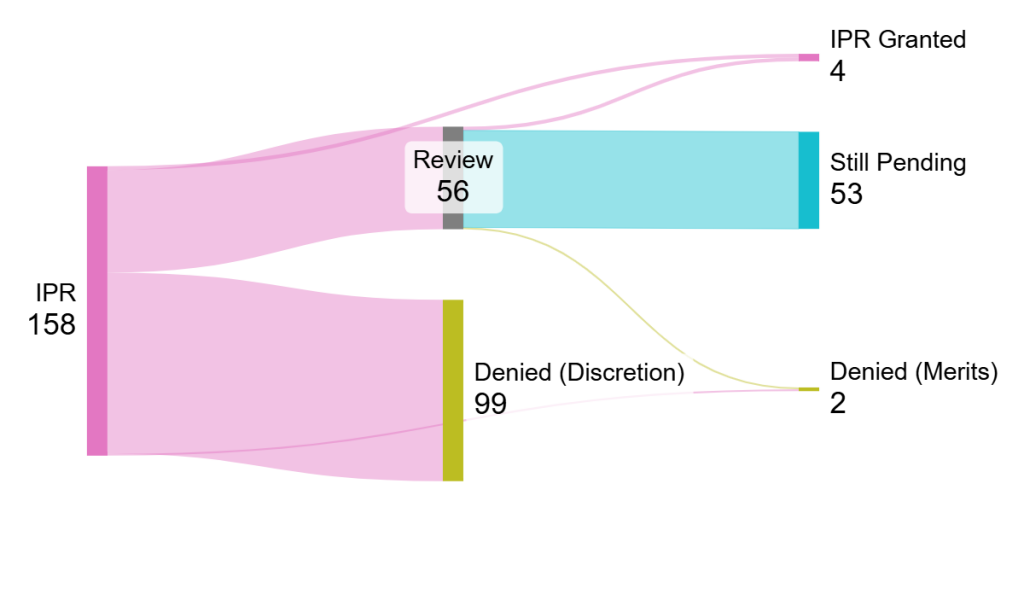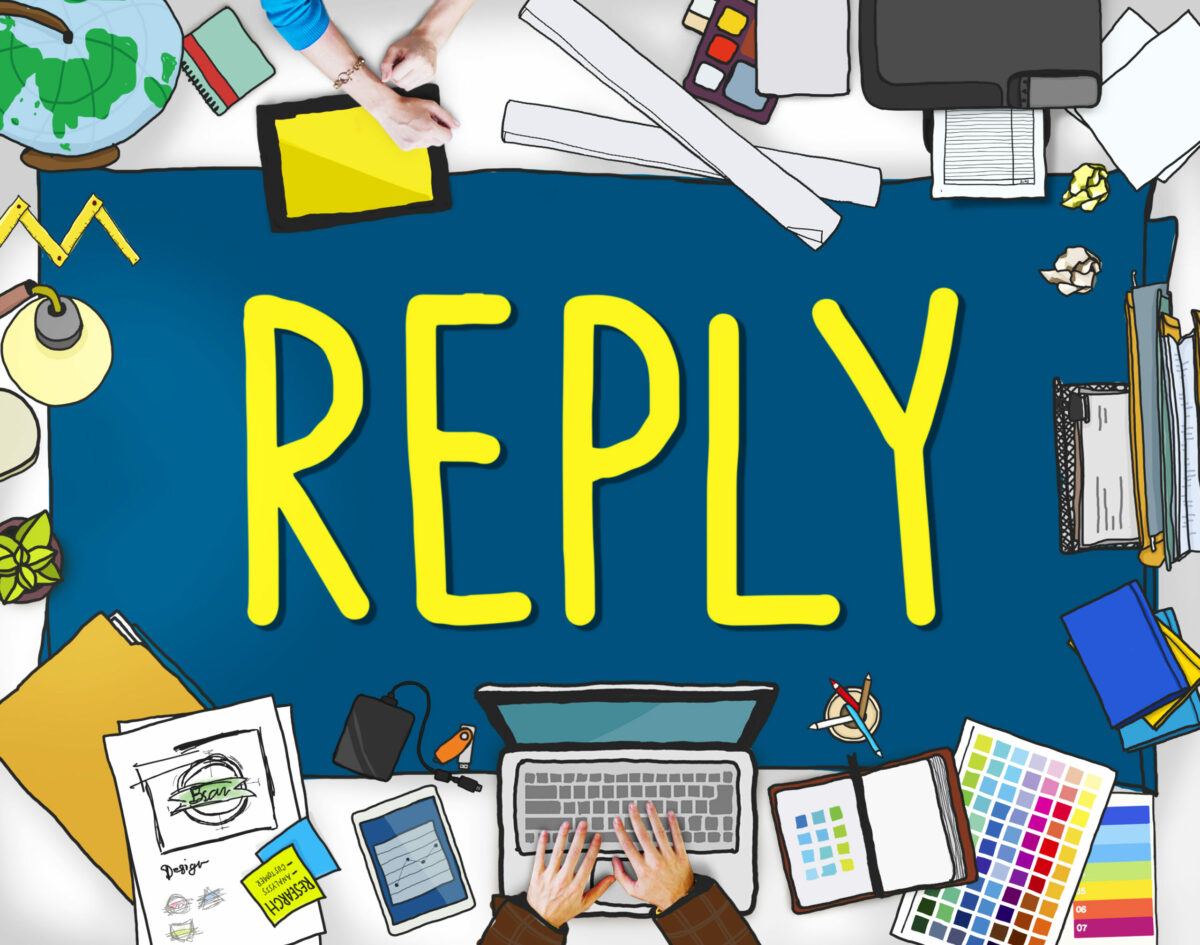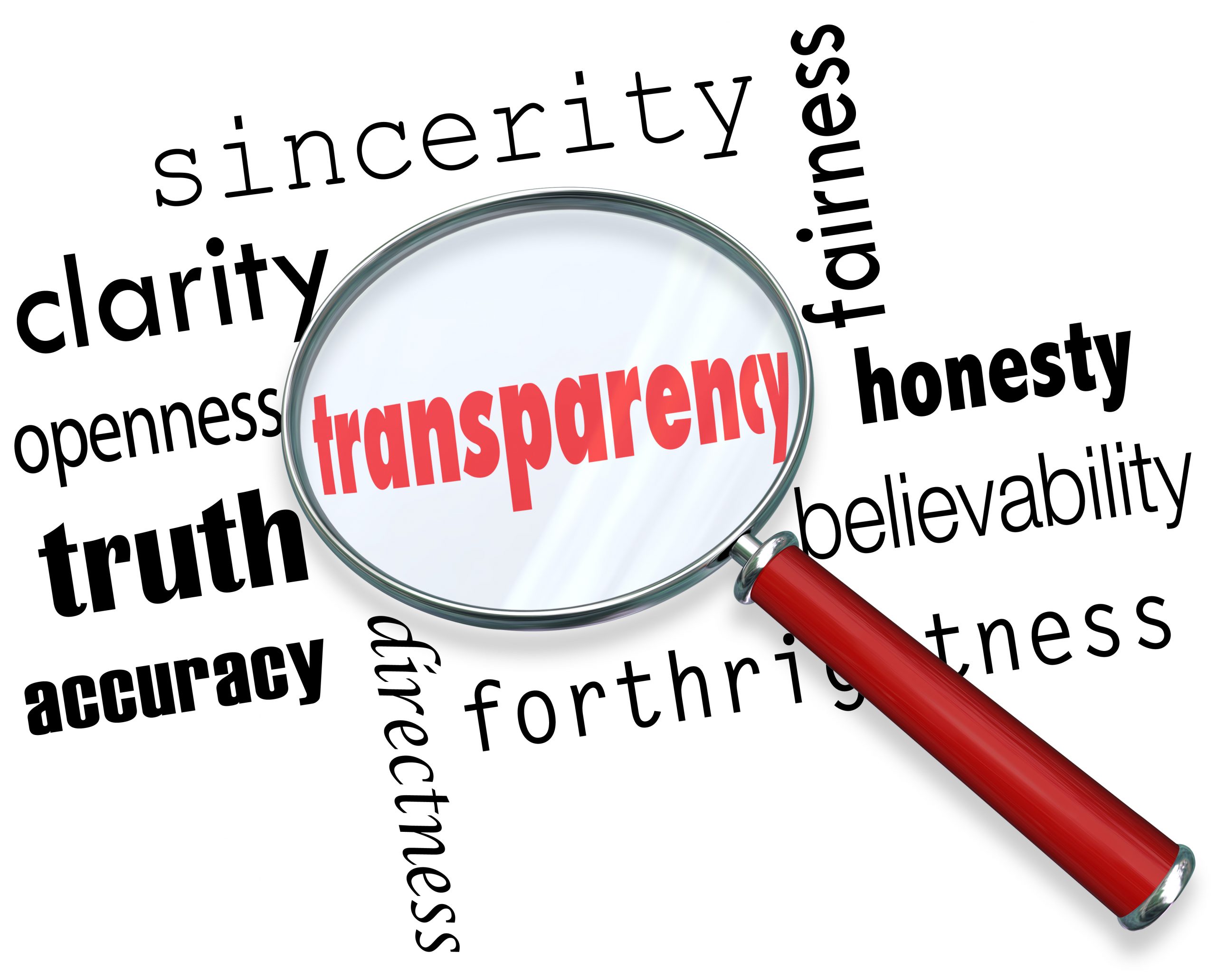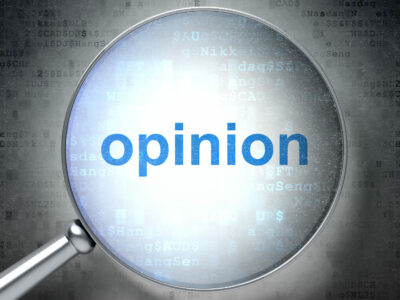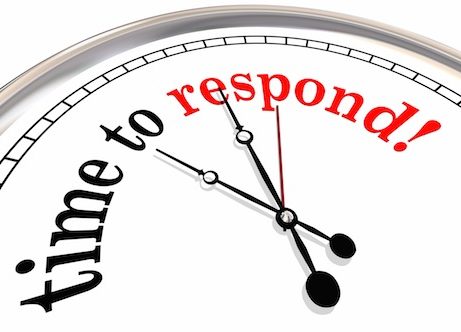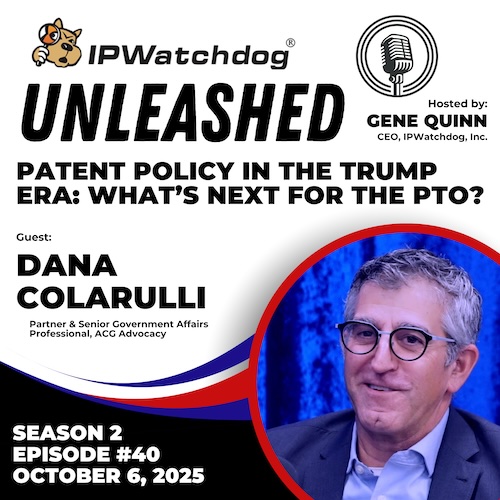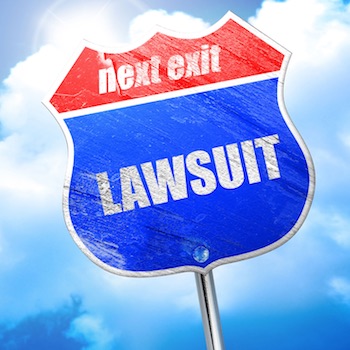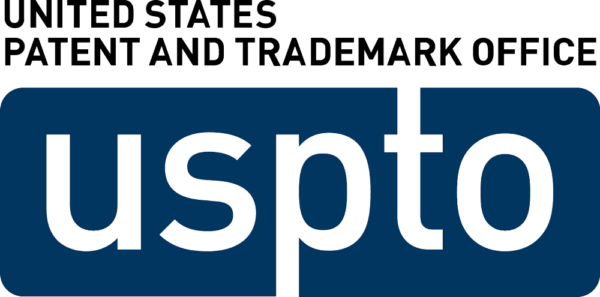#uspto
#uspto
[ follow ]
#patent-law #ptab #ipr #inter-partes-review #federal-circuit #patent-examination #patent-quality #trademark
#trademark
fromIPWatchdog.com | Patents & Intellectual Property Law
6 months ago
Intellectual property law
Other Barks and Bites for Friday, August 8: CAFC Finds No Support for IDing 'Type' of Display Unit; Divided Fifth Circuit Panel Affirms Costs Award in G.I. Bro Copyright Case; and GSK to Receive $370 Million in mRNA Patent Settlement
Intellectual property law
fromIPWatchdog.com | Patents & Intellectual Property Law
1 month agoConservatives Urge Trump Admin to Voice Support for USPTO's Proposed PTAB Rule
Twenty-two conservative leaders endorsed USPTO PTAB rule changes, arguing the proposal would restore fairness, efficiency, predictability and limit serial or parallel patent challenges.
#patent-law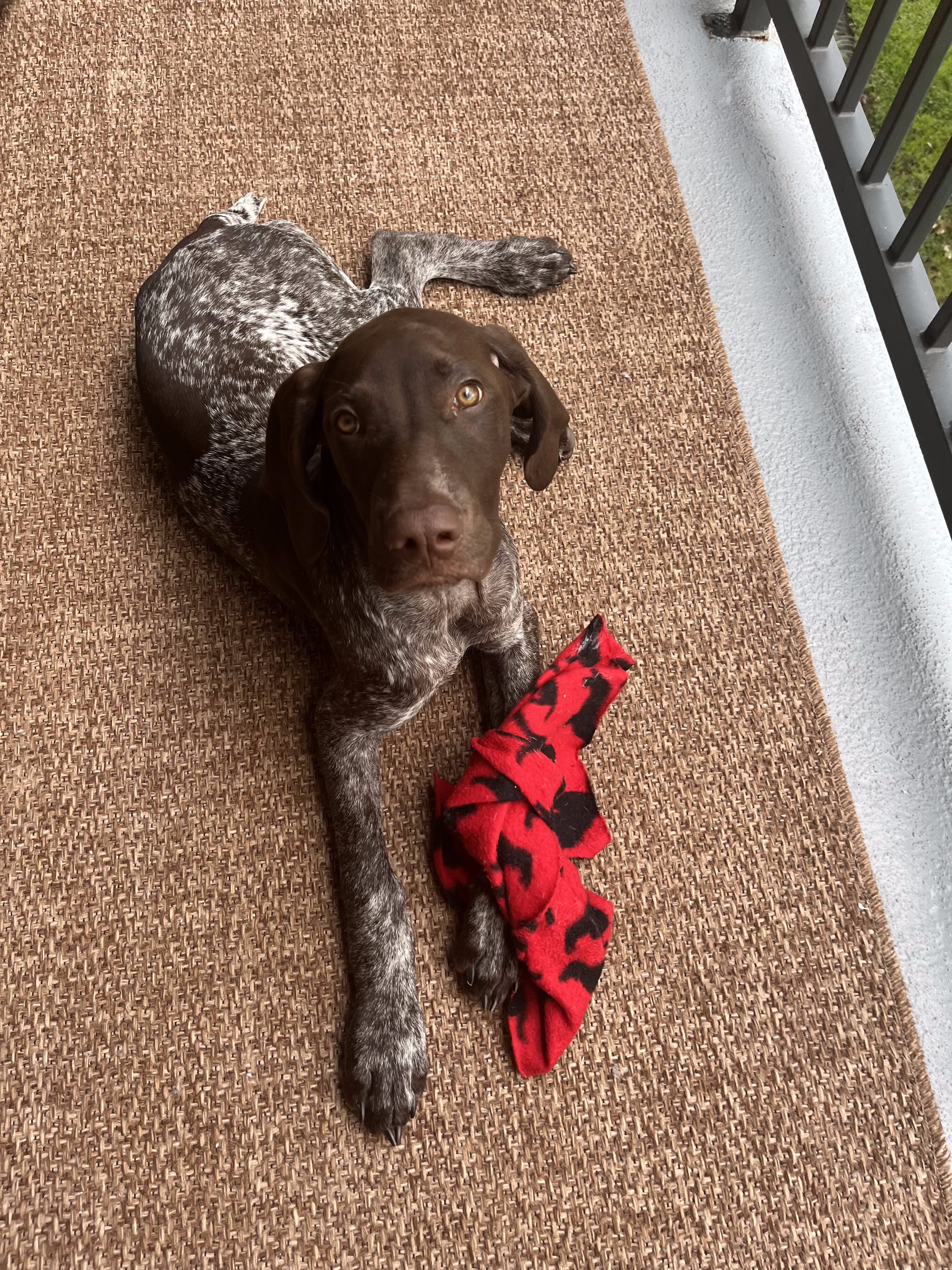
fromIPWatchdog.com | Patents & Intellectual Property Law
5 months ago
Intellectual property law
Other Barks & Bites for Friday, September 19: John Squires Confirmed as USPTO Director; Divided Fifth Circuit Affirms Injunction on Noncompete Clauses; EPO Reports Threefold Increase in Digital Agriculture Tech Since 2000
fromPatently-O
1 month agoWhen the Director Can Do Anything: Apple v. Squires and the Limits of APA Process
The Federal Circuit heard oral argument today in Apple Inc. v. Squires, 24-1864, a long-running challenge to the USPTO's Fintiv discretionary denial framework. Apple, Cisco, Google, and Intel argue that the NHK-Fintiv rule should have been adopted through notice-and-comment rulemaking under the Administrative Procedure Act (APA) rather than through precedential Board designations.
Intellectual property law
Intellectual property law
fromThe Verge
2 months agoOperation Bluebird wants to reclaim Twitter's 'abandoned' trademarks for a new social network
Operation Bluebird petitioned the USPTO to cancel X Corp.'s 'Twitter' and 'Tweet' trademarks, claiming X legally abandoned the brands and filed its own application.
Intellectual property law
fromGlobal IP & Technology Law Blog
2 months agoNew Inventorship Guidance on AI-Assisted Inventions: AI Can't Be an Inventor, But AI Can Be a Tool in the Inventive Process (For Now...)
The USPTO rescinded its February 2024 AI inventorship guidance and replaced it on November 26, 2025, removing the Pannu-factor analysis.
Intellectual property law
fromIPWatchdog.com | Patents & Intellectual Property Law
2 months agoUSPTO Grants Ex Parte Reexam by Anonymous Requester Following Failed Serial IPR Petitions on Netlist Patent
USPTO granted ex parte reexamination of Netlist's '608 patent despite prior failed validity challenges and an anonymous requester repackaging previous arguments.
Intellectual property law
fromIPWatchdog.com | Patents & Intellectual Property Law
2 months agoCAFC Denies Pro Se Plaintiff's Challenge to Dismissal of Claims of Misconduct Against USPTO
The CAFC affirmed dismissal of Moshe Avram Perry's third frivolous lawsuit against the USPTO, finding his claims fantastical and lacking merit.
fromEngadget
3 months agoNintendo's patent on summoning fighting NPCs is being reexamined
Nintendo's lawsuit against Palworld just hit a snag. The US Patent and Trademark Office (USPTO) has ordered a reexamination of a key Nintendo patent expected to be wielded in the case. Games Fray reports that the office is reviewing the Switch maker's patent regarding "summon subcharacter and let it fight in 1 of 2 modes." If we view Nintendo's Palworld lawsuit as a test bed for monopolizing game mechanics, the development can only be seen as a good thing.
Video games
Intellectual property law
fromIPWatchdog.com | Patents & Intellectual Property Law
4 months agoUndermining Innovation: The Consequences of Closing the Rocky Mountain Regional USPTO Office
Closing USPTO regional offices and ending nationwide examiner recruitment undermines congressional intent, destabilizes the examiner workforce, and weakens innovation access outside Washington, D.C.
Intellectual property law
fromIPWatchdog.com | Patents & Intellectual Property Law
4 months agoVidal Amicus in Cambridge Case Urges CAFC to Overturn USPTO's 'Settled Expectations' Rule
USPTO adopted a "settled expectations" rule allowing discretionary denial of IPR petitions, departing from the AIA and chilling innovation.
#patent-quality
Intellectual property law
fromIPWatchdog.com | Patents & Intellectual Property Law
8 months agoSquires' Responses to Senate Judiciary Committee Focus on Balance, Backlog and 'Born Strong' Patents
John Squires clarified misconceptions about patent quality related to PTAB challenges, emphasizing that challenges are a subset of issued patents and not indicative of overall patent quality.
Intellectual property law
fromIntellectual Property Law Blog
4 months agoUSPTO's Automated Search Pilot Program: Early Prior Art Insights-Promises and Pitfalls for Patent Applicants
USPTO will issue AI-generated pre-examination prior art reports (ASRNs) to select utility applicants to improve prosecution efficiency and early prior-art awareness.
#patent-policy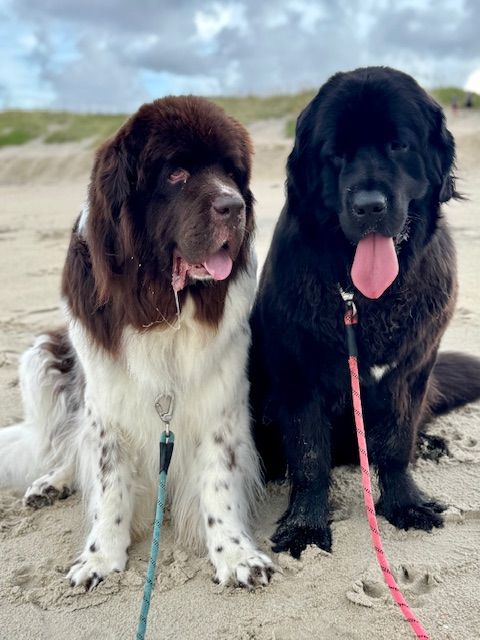
fromIPWatchdog.com | Patents & Intellectual Property Law
4 months ago
Intellectual property law
Other Barks & Bites for Friday, September 26: Trump Announces 100% Tariff on Patented Pharmaceuticals; Judge Alsup Approves $1.5 Billion Anthropic AI Settlement; and DOJ Weaponization Group Reportedly Investigating Secret Patent Reviews
Intellectual property law
fromIPWatchdog.com | Patents & Intellectual Property Law
4 months agoUSPTO Will Launch Pilot to Evaluate Results of New AI Search Tool for Patent Applications
USPTO will pilot an AI automated search program sending ranked prior-art results to applicants to inform filing decisions, accepting petitions Oct 20–Apr 20, 2026.
fromPatently-O
4 months agoA First Look at the USPTO's FY2026 Examiner Performance Plan (PAP): What's Changed and Why It Matters
The USPTO has quietly rolled out substantial changes to its examiner Performance Appraisal Plan (PAP) for FY2026. PAP is the formal framework the USPTO uses to measure, evaluate, and rate patent examiners' job performance.
Intellectual property law
#federal-circuit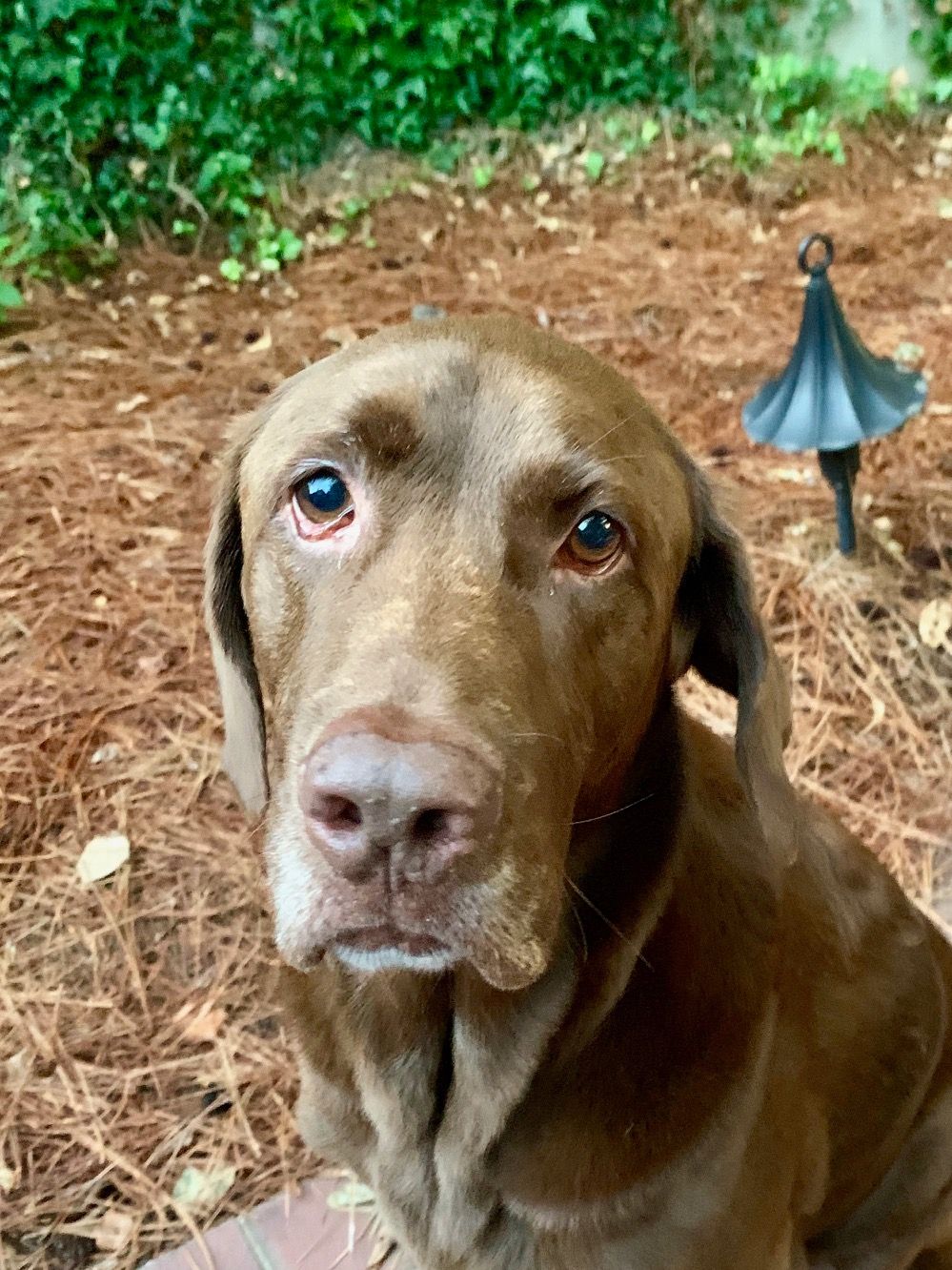
fromIPWatchdog.com | Patents & Intellectual Property Law
4 months ago
Intellectual property law
Other Barks & Bites for Friday, October 3: CAFC Won't Revive US Inventor Case Against USPTO for Denying Petition for Rulemaking; Value of EU Counterfeit Seizures Hits Single-Year Record; and USPTO Tells Employees 1% of Workforce Will Be Laid Off
fromPatently-O
4 months agoFederal Government Shutdown (But not the USPTO)
Although the federal government shutdown appears ready to begin at 12:01 AM on October 1, 2025, the United States Patent and Trademark Office is likely to continue in normal operation by drawing on its Operating Reserve which the agency has been building up over the past several years. A prolonged shutdown would eventually exhaust the reserves and trigger an end to spending.
Law
Intellectual property law
fromIPWatchdog.com | Patents & Intellectual Property Law
5 months agoStewart Defends Hands-On Approach as Squires Confirmation Looms
Acting USPTO Director Coke Stewart is taking proactive steps to address an unprecedented backlog and align USPTO operations with administration expectations while asserting legal authority.
Intellectual property law
fromIPWatchdog.com | Patents & Intellectual Property Law
5 months agoMakan Delrahim, David Gooder and Others Appointed to New USPTO Advisory Committees
USPTO appointed new members to its Patent Public Advisory Committee and Trademark Public Advisory Committee after Secretary of Commerce terminated prior members in March.
fromIPWatchdog.com | Patents & Intellectual Property Law
5 months agoUSPTO Director Discretionary Denials Granted Due to Trial Timing Despite Young Age of Patents
Although the patents challenged in these proceedings have not been in force for as long as those in IPR2025-00780 and IPR2025-00781, this fact alone does not tip the balance against discretionary denial.
Intellectual property law
fromIPWatchdog.com | Patents & Intellectual Property Law
6 months agoThe USPTO Has Adopted Several PTAB Improvements Discussed on IPWatchdog-But There's Still More to Do
The Acting Director has discretionarily denied more than 60% of PTAB Petitions and referred about 40% to the PTAB, which found over 90% merit worthy.
Law
Law
fromIPWatchdog.com | Patents & Intellectual Property Law
7 months agoJudges and Academics Tell CAFC to Reject SAP's Mandamus Bid Over Revocation of Vidal's Discretionary Denial Guidance
SAP filed a petition for a writ of mandamus seeking enforcement of USPTO guidance regarding IPR petition validity and due process protection.
fromIPWatchdog.com | Patents & Intellectual Property Law
7 months agoDesign Patent Search Tool is Latest AI Feature for Examiners to Address USPTO Backlog
DesignVision functions as a centralized tool for querying multiple industrial design data sources and is part of the USPTO's effort to tackle the patent examination backlog.
Intellectual property law
Intellectual property law
fromPatently-O
7 months agoUSPTO Discontinues Accelerated Examination Program for Utility Applications (Design Patent Rocket Docket is also Suspended)
The USPTO is discontinuing its Accelerated Examination program due to low usage compared to Track One prioritized examination.
Intellectual property law
fromIPWatchdog.com | Patents & Intellectual Property Law
8 months agoUSPTO Study into Applications with Large Patent Families Raises Questions
The USPTO study revealed widespread use of terminal disclaimers and amendments in response to omitted double patenting rejections.
Concerns over 'patent thickets' in pharmaceuticals led to a five-year study by the USPTO.
[ Load more ]
